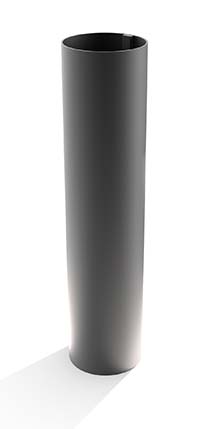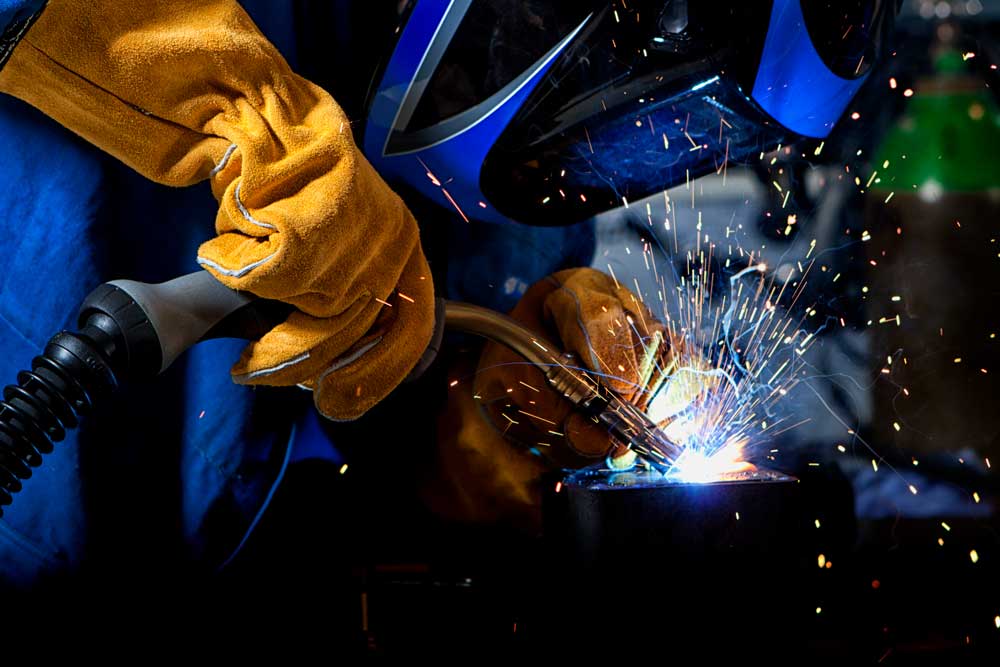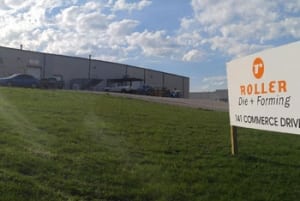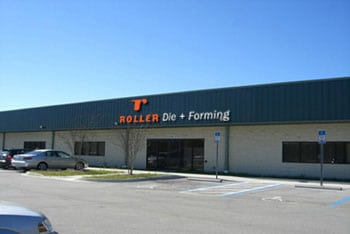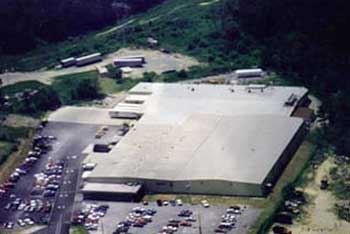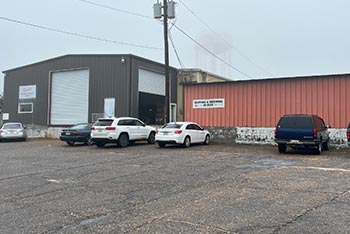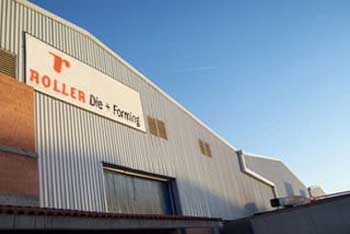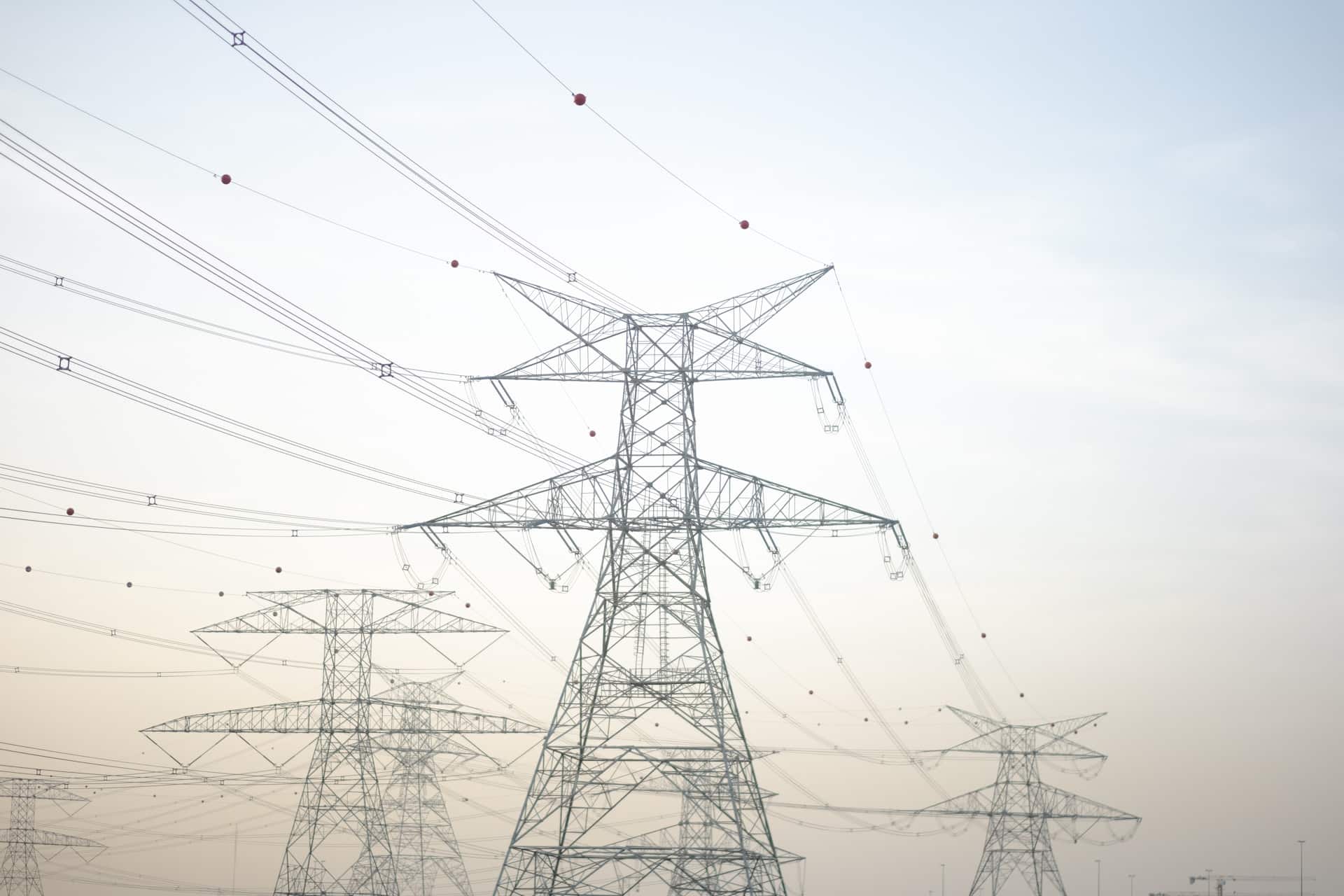Infrastructure is the backbone of our society, encompassing the systems and structures that enable communities to efficiently function and prosper. From transportation networks and utility installations to public facilities and communication systems, developing and maintaining reliable infrastructure is a constant challenge for engineers, planners, and construction professionals worldwide. Custom roll-formed components play a crucial role in addressing these challenges by providing durable, versatile, and cost-effective metal components specifically designed for diverse infrastructure applications.
Roller Die + Forming, a leading supplier of high-quality custom roll-formed products, supports global infrastructure projects by offering a comprehensive range of tailored metal components for various industries and applications. Our state-of-the-art roll forming technology and manufacturing expertise allow us to deliver customized solutions that meet the unique requirements and demands of infrastructure systems, ensuring long-lasting functionality, reliability, and performance.
Let’s explore the numerous applications and benefits of custom roll-formed products in infrastructure development, highlighting the integral role they play in creating and maintaining the vital systems that support our everyday lives.
Advantages of Custom Roll-Formed Components for Infrastructure Projects
Utilizing custom roll-formed components in infrastructure projects offers several distinct benefits, including:
- Durability and Longevity: Custom roll-formed products are known for their exceptional strength and resistance to wear drawn from the various metals used in forming these parts, making them ideal for use in demanding infrastructure applications that require long-lasting, reliable solutions.
- Design Flexibility: The roll forming process allows for the creation of complex and custom shapes, ensuring that components meet the precise requirements of each unique infrastructure project.
- Cost Efficiency: Custom roll-formed products can be manufactured quickly and economically, resulting in lower costs for infrastructure projects without compromising quality or performance.
- Adaptability: Roll-formed components can be fabricated using a wide variety of materials, including steel, aluminum, and stainless steel, allowing for tailored solutions that suit the specific needs of each infrastructure application.
Applications of Custom Roll-Formed Components in Infrastructure Development
Custom roll-formed products can be found in various infrastructure applications, such as:
- Transportation Systems: Custom roll-formed components are used in the construction and maintenance of roadways, bridges, railways, and other transportation networks, providing essential structures such as guide rails, sign supports, fencing, and more.
- Utilities and Energy Infrastructure: Roll-formed products play a critical role in the development of utility systems and energy infrastructure, including electrical transmission towers, natural gas pipelines, and renewable energy installations like providing the racking supporting both industrial and residential solar arrays.
- Telecommunication Networks: Roll-formed components can be used to manufacture telecommunication infrastructure components such as antenna towers, cable trays, equipment racking, and network equipment housings.
- Public Facilities: Custom roll-formed products are also utilized in the construction of public facilities such as stadiums, schools, hospitals, and government buildings, providing essential elements such as bleachers, bed rails, and more..
Material Selection for Infrastructure Roll-Formed Components
The choice of materials for custom roll-formed components has a significant impact on their performance and durability within the context of infrastructure development:
- Steel: Steel is a popular choice for infrastructure projects due to its strength, cost-effectiveness, and availability. It is commonly used in transportation systems, utilities, and public facilities.
- Aluminum: Lightweight and resistant to corrosion, aluminum is an excellent material for various infrastructure applications, such as bridge components, electrical transmission towers, and renewable energy systems.
- Stainless Steel: Often used in environments where corrosion resistance and long service life are crucial, stainless steel is employed in applications like water and wastewater treatment systems, bridges in harsh environments, and public facilities exposed to the elements.
- Coated Steel: Coated steels, such as galvanized or zinc-coated steel, provide additional protection against corrosion and are suitable for use in infrastructure components that require enhanced durability and service life.
Future Trends and Challenges in Infrastructure Development and Custom Roll Forming
Infrastructure development must keep pace as our technology and demographics continue to change:
- Growing Urbanization: As the global population becomes increasingly urbanized, the need for efficient, durable, and sustainable custom roll-formed components in urban infrastructure projects will continue to rise.
- Climate Change and Resilience: Infrastructure systems must be designed to withstand the impacts of climate change and natural disasters. Custom roll-formed components offer the durability and flexibility to support the creative engineering required for resilient and adaptive infrastructure solutions.
- Sustainability: As sustainable construction practices become more prevalent, custom roll-formed components can contribute to the creation of eco-friendly infrastructure systems by minimizing material waste and promoting energy-efficient designs.
- Digital Connectivity and Smart Infrastructure: The increasing role of digital technology in modern infrastructure systems presents opportunities for the incorporation of custom roll-formed components into smart infrastructure designs that leverage data and connectivity for enhanced efficiency and performance.
Conclusion
As the need for reliable, efficient, and sustainable infrastructure continues to grow, custom roll-formed products play a vital role in meeting these requirements. Roller Die + Forming is committed to providing custom roll-formed solutions that contribute to the growth and modernization of infrastructure across various industries and applications.
Reach out to Roller Die + Forming to leverage our experience and expertise in developing high-quality custom roll-formed components that contribute to the advancement and durability of infrastructure projects. Together, we can build the foundations of communities and support the evolving needs of our world.

